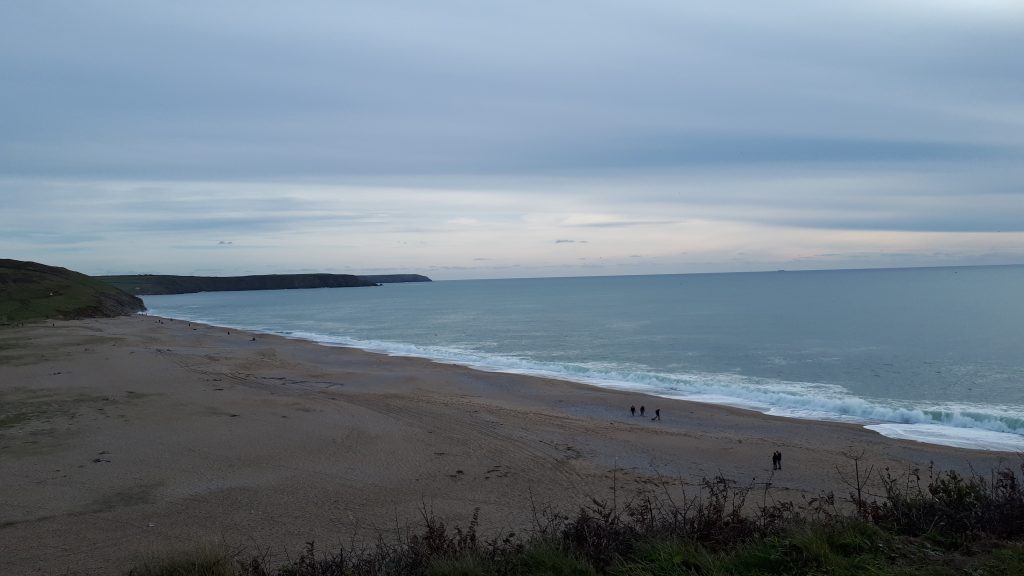
So what is Ecopsychology? Four definitions:
1) Ecopsychology and Ecotherapy Association of Ireland (EEAI) definition states: Ecopsychology is the study of human psychology within a natural environment. For some, this can mean the study of the benefits of nature to the human, for others it could represent the study of the mutual interconnectedness between human and Earth, encompassing both sustainability measures and also a deeper spiritual connection. (EEAI, n.d.)
2) The International Community for Ecopsychology (ICE) definition states: Ecopsychology is situated at the
intersection of a number of fields of inquiry, including psychology, ecology, spirituality, and environmental
philosophy, but is not limited by any disciplinary boundaries. Put most simply, Ecopsychology explores the
synergistic relation between personal health and well-being and the health and well-being of our home, the Earth.
(ICE, n.d.)
3) Ecopsychology applies ecological and psychological theories and research methodology to study the relationship between people and the natural world. There is a focus on wellbeing. (Quote from Palmer, 2014; 2015:2)
4) Ecopsychology studies the relationship between human beings and the natural environment through both ecological and psychological principles. Ecopsychology seeks to develop and understand ways of expanding the emotional connection between individuals and the natural environment, thereby assisting individuals with developing sustainable lifestyles and remedying alienation from nature (Blaschke, 2013: 3) (e.g. Buzzell & Chalquist 2009; Milfont 2012).
A related area of social and mental health research experiencing recent rapid growth is that of positive psychology, a psychology of positive human functioning, which aims to ‘achieve a scientific understanding and effective interventions to build thriving individuals, families, and communities’ (Seligman & Csikszentmihalyi 2000). (Quote from Blaschke, 2013: 3.)
The impact of the length of the day and night can also be considered in ecopsychology research.
References
Blaschke, P. (2013). Health and wellbeing benefits of conservation in New Zealand. Science for Conservation 321. Department of Conservation, Wellington. 37 p.
Buzzell, L. & Chalquist, C. (2009). Ecotherapy: healing with nature in mind. Sierra Club Books.
Ecopsychology and Ecotherapy Association of Ireland (EEAI). (n.d.). Ecopsychology & Ecotherapy.
https://www.eeai.ie/ecopsychology-and-ecotherapy
International Community for Ecopsychology (ICE). (n.d.). About Ecopsychology. https://www.ecopsychology.org/about-ecopsychology
Milfont, T. L. (2012). The psychology of environmental attitudes: conceptual and empirical insights from New Zealand. Ecopsychology 4(4), 269-276.
Palmer, S. (2014). “I’ll go anywhere as long as it’s forward,” said David Livingstone. “You can’t navigate without a decent map,” retorted Christopher Columbus. Closing keynote paper given at the BPS SGCP 4th International Congress of Coaching Psychology, London, 12 December 2014.
Palmer, S. (2015). Can ecopsychology research inform coaching and positive psychology practice? Coaching Psychology International, 8, 1, 11-15.
Seligman, M.E.P. & Csikszentmihalyi, M. (2000). Positive psychology: an introduction. American Psychologist 55(1), 5–14.
